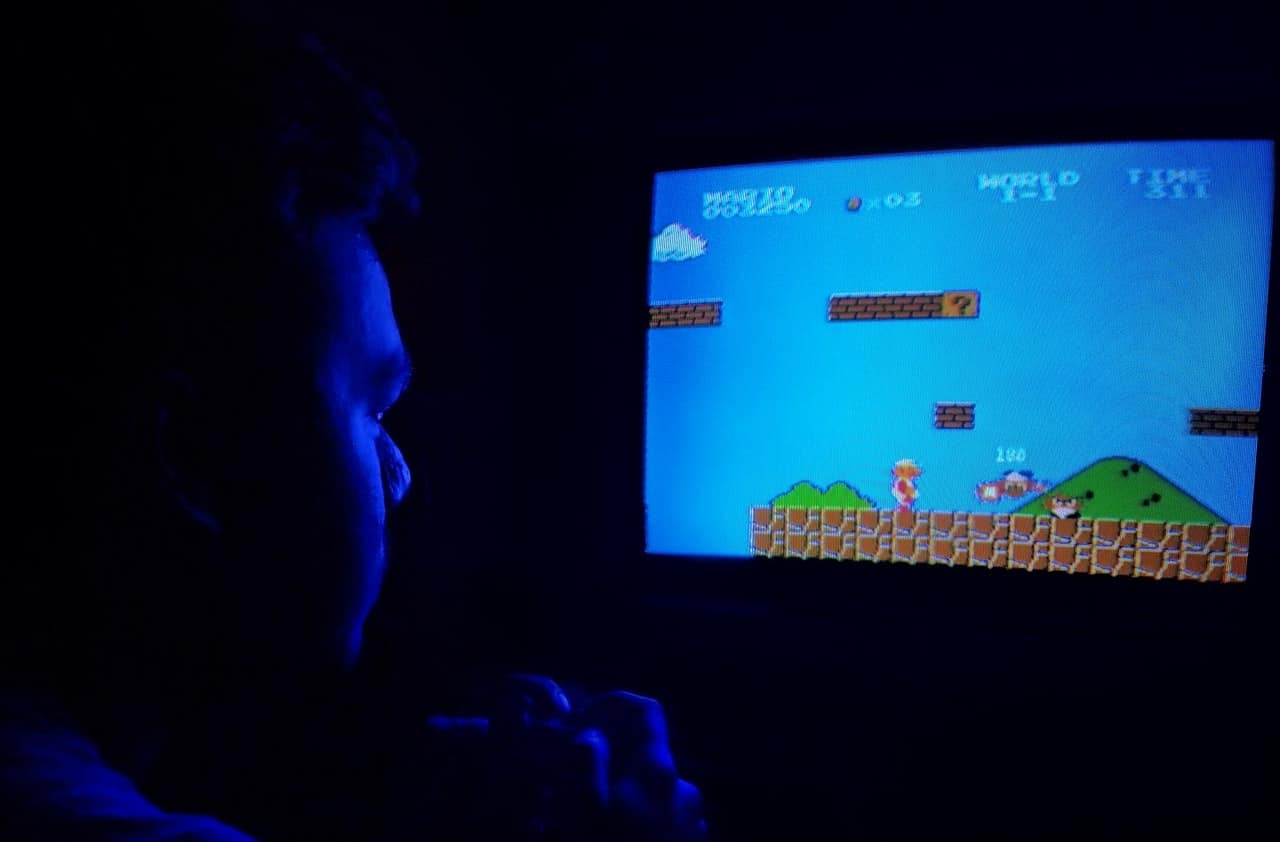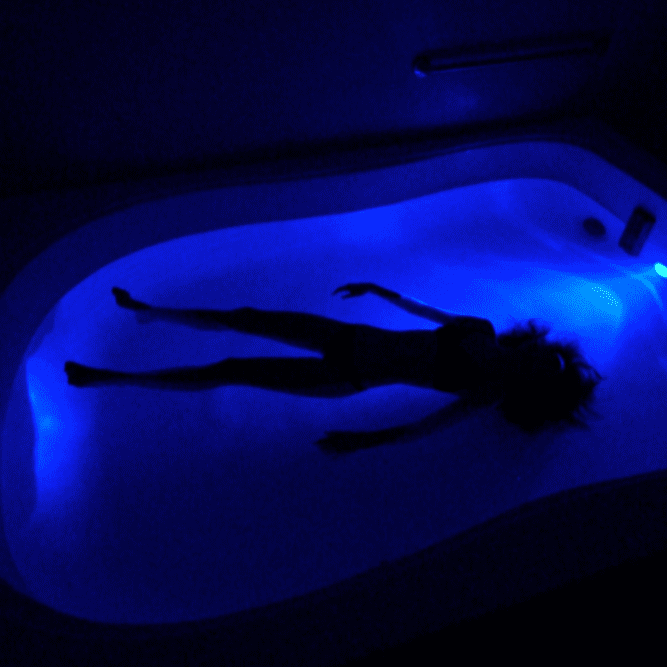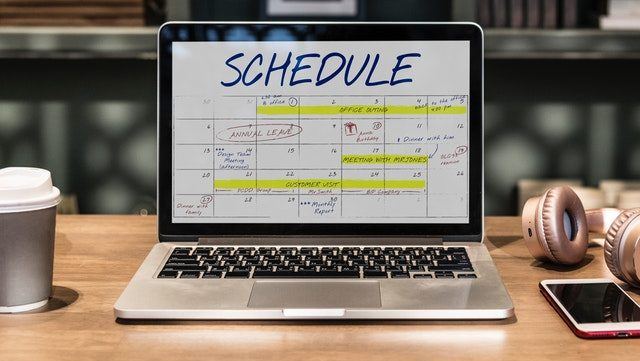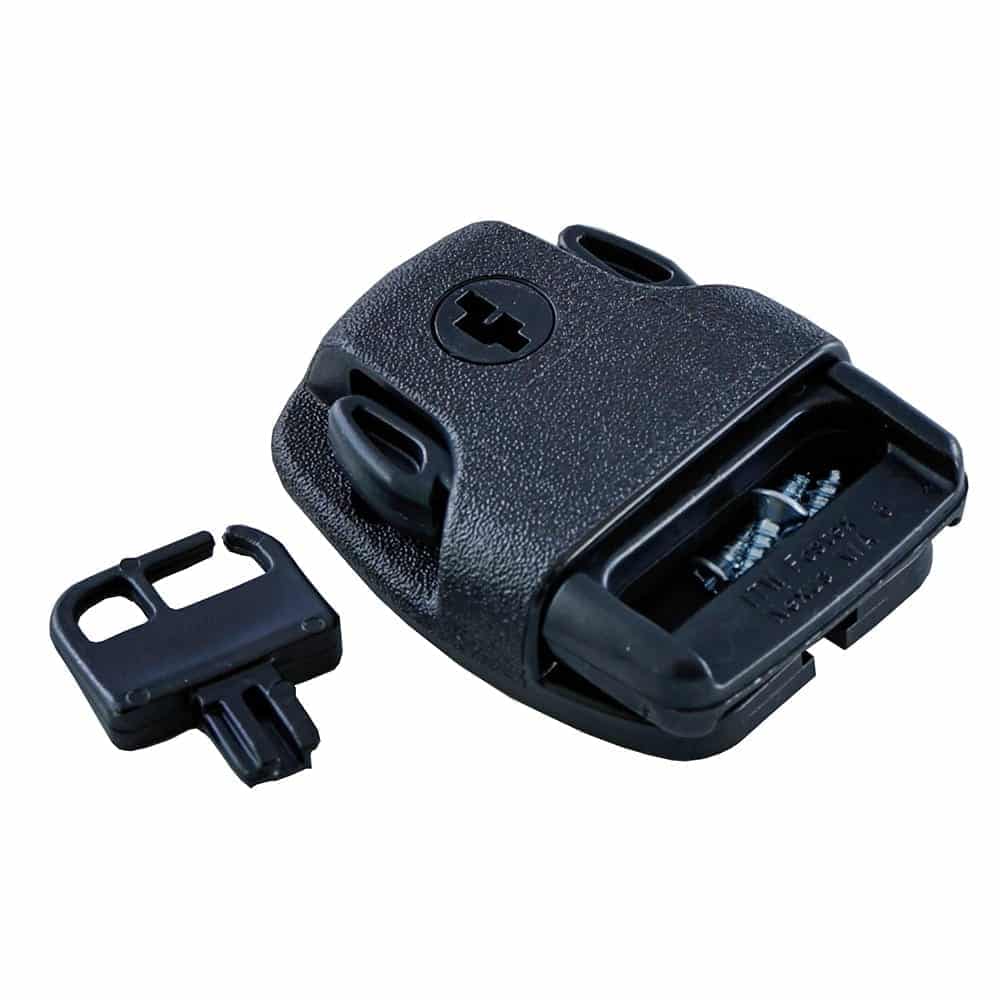DO YOU KNOW HOW WELL ARE YOUR ATHLETES SLEEPING AT NIGHT? 4 Ways to encourage restful sleep in collegiate athletes.
As an essential component of physical and mental recovery, sleep is by far the most overlooked variable when it comes to improving player performance. Experience has taught us that 10 out of 10 times, a well-rested athlete will outperform one who is not. Sleep impacts reaction time and decision making. It affects our hormonal composition, immune system, and our personalities. We have put together a list of ways to encourage restful sleep in collegiate athletes.

1. REDUCE EXPOSURE TO BLUE LIGHT AND SCREEN TIME.
The first of our 4 ways to encourage restful sleep in collegiate athletes has to do with blue light. Blue light boosts alertness, helps memory and cognitive function and elevates mood. It also regulates circadian rhythm – the body’s natural wake and sleep cycle.
Exposure to blue light during daytime hours helps maintain a healthful circadian rhythm. However, throughout the evening, blue light is gradually replaced in favor of orange light and then darkness.
Unfortunately, with constant exposure to TVs, smartphones, laptops, and even LED lighting, almost every one of us is overexposed to blue light. By reducing screen time and dimming lights at night, you are telling your body it can rest. At the very least, investing in blue light filtering lenses can help to reduce eye strain and prevent you from becoming an insomniac.

2. No Caffeine After 5:00pm
Next to sugar and alcohol, caffeine is the most consumed psychoactive drug in the country. Although not a scheduled drug, caffeine is an addictive stimulant with a long half-life.
Because it takes so long to be processed in the body, it’s generally understood that unless you are intentionally trying to stay awake, caffeine shouldn’t be consumed in the evening. It’s also a diuretic and known to encourage cramping during extended physical activity; therefore, being intentional with water consumption is important to stay properly hydrated.

3. FLOAT FOR AT LEAST 30 TO 60 MINUTES EVERY OTHER WEEK.
Sensory deprivation tanks, also known as flotation tanks or float pods, have been around for decades. However, they’ve only gained mass appeal in recent years as athletes, celebrities, and doctors have drawn attention to it as a powerful tool for physical and mental recovery.
Float tanks combine water and 1,000 lbs of magnesium sulfate (Epsom salt) to create a solution that allows a person to float effortlessly. This mimics a zero-gravity environment and encouraging total body relaxation.
In a perfect world, collegiate athletes would be able to utilize flotation therapy whenever they want, but that’s likely not practical. More likely, they’d be able to float for 30-60 minutes once every couple of weeks.
While more float centers are popping up around the country all the time, at $45-70 per session, it’s not very financially feasible for most budget-strapped college students.
However, Royal Spa flotation tanks lasts for many years, come with an industry-leading warranty, giving athletic programs the mobility to purchase one or more float pods for their sports recovery, similar to how they invest in hydrotherapy, compression boots, and ultrasound, etc.

4. BEING ORGANIZED WITH ONE’S AFFAIRS.
The 4th and final of our 4 ways to encourage restful sleep in collegiate athletes has to do with planning. College students are notoriously poor planners. Incidentally, they are also among the most stressed of all demographics. However, a great deal of that stress can be reduced or eliminated simply by keeping better track of their responsibilities.
At a bare minimum, student-athletes should keep a running calendar of assignment due dates, exams, important meetings they must attend, training/practices/games, and allow time for studying.
Check out some more articles from Royal Spa on our float tanks and their benefits!




